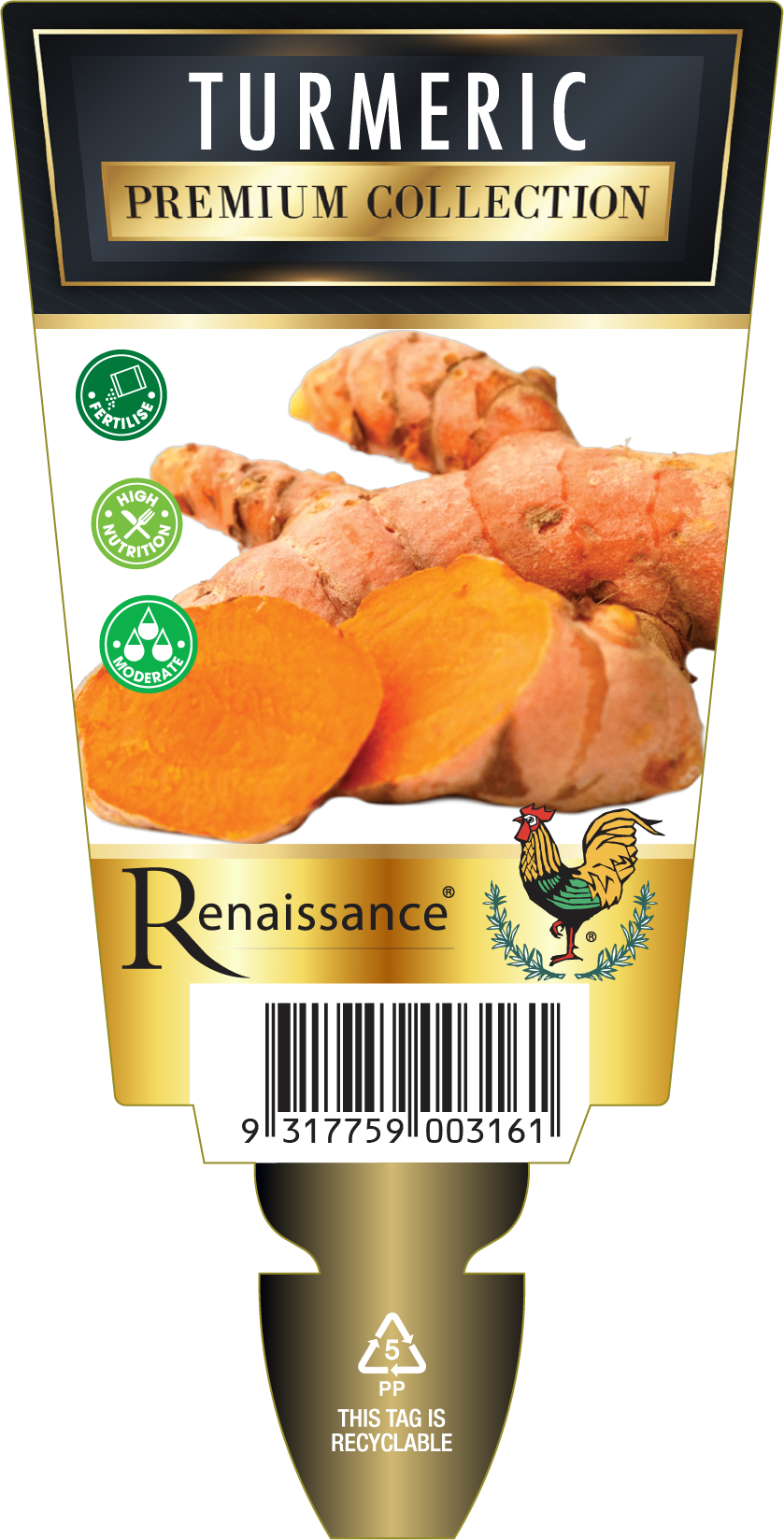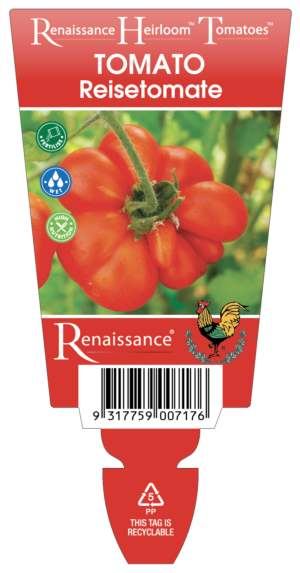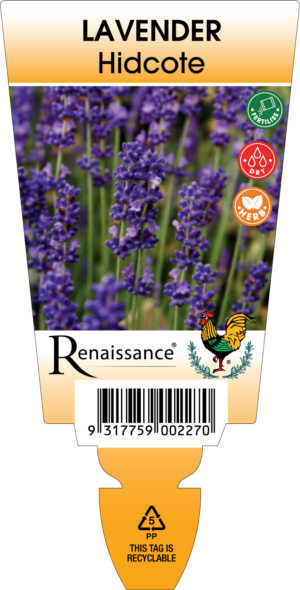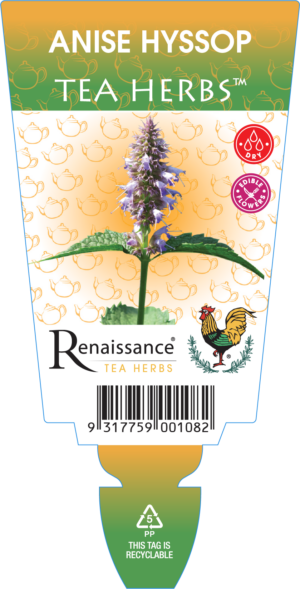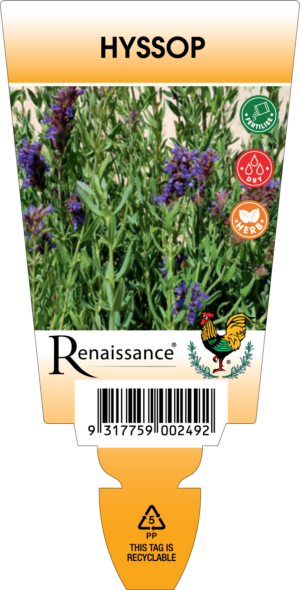Description
(Curcuma longa)
There are many herbs in The Renaissance range. Some are essential to any good kitchen, others are a bit exotic and some are special plants for particular cuisines that make up our Premium Collection. They will give your cooking a lift into the exotic. This is a fleshy underground root that is popular in Indian and Asian food.
Food Style and Partners
Turmeric is another of those exotic Asian spices. It is widely used in Indian, Pakistani and some Middle Eastern dishes where it adds a peppery, spicy and slightly bitter flavour to curries. It partners well with ginger, garlic, chilli, coconut and other heavy spices. Use with strong meats and fish, root vegetables and pickles and dressings. Also adds a pale yellow colour to food.
Health/Cooking/Medicinal
Being another ancient spice it has been used for many purposes in old Indian and Asian medicine and has been thought of as one of the most potent and beneficial of all the spices. There is plenty of scientific research being done in to its benefits in the treatments of Alzheimer’s and several cancers. It is generally used as a dry powder but the flavour is far nicer when used as a fresh grated root. A nice simple dish is to mix it with moist coconut flakes, garlic and olive oil. Then toss fresh steamed green beans in the mix and serve hot or cold. Care should be taken as the yellow is a powerful dye that will stain clothes and kitchen implements.
Landscaping/Planting
Prefers moist, well drained soil in a semi-shade position with morning sun and temperatures of 20ºC plus. Goes dormant in winter in the cooler climates. Harvest when the leaves start to wither.
Cultivation/Fertiliser
Fertilise with Seasol and PowerFeed in spring, summer and autumn.
Herb Attributes
| Position | PART TO FULL SUN, FROST SENSITIVE |
|---|---|
| Height | 1.0M |
| Width | 1.5M |

